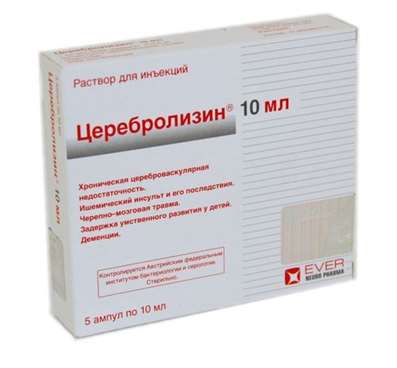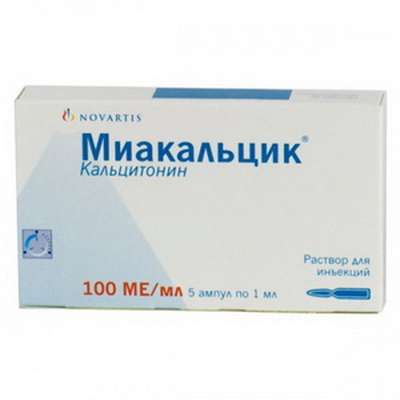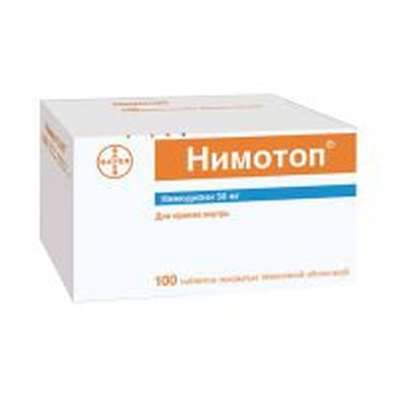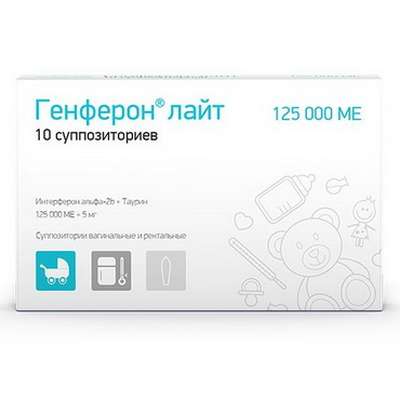Colds in Pregnant Women
16 Aug 2018
With the onset of the cold season, we are increasingly reminded of the imminent approach of another flu epidemic. Journalists are waiting for another sensational pandemic, doctors are preparing to increase the flow of patients, and pharmacy employees are laying out popular anti-cold medications on the showcase and constantly responding to questions from customers about what can protect themselves from acute respiratory viral infection or how to heal if infection was not avoided . The worse the weather outside the window and below the thermometer, the more people who want to buy various antipyretic, antitussive and antiviral drugs - and, of course, there are many pregnant women among them, to the status and complaints of which the pharmacist should be especially attentive.

Cold and pregnancy: a dangerous combination
As you know, any infection during pregnancy is a very serious risk factor and the expectant mother should try to protect herself and her baby from her. However, avoiding infection during the seasonal epidemic is not so simple, most of the viruses that cause colds are highly contagious and can spread by airborne droplets. That is enough one trip in public transport or shopping, so that the immune system of a pregnant woman had to reflect a massive viral attack.
Given that the transferred ARI does not lead to the formation of a person's immunity, it is not surprising that the flu and ARI are in the lead in frequency and prevalence around the world. During pregnancy, the situation is further complicated by the fact that the immune system of the female body is not as active as in normal times. Especially the probability of infection for a future mother increases dramatically in the third trimester, when her body is most susceptible to any infections. Medical statistics show a rather alarming picture: from 55 to 82% of pregnant women suffer a cold, which often occurs quite heavily and is accompanied by serious complications.
Reduce the severity of the disease and prevent the development of complications will only help early diagnosis and timely adequate treatment.
Determine the onset of the common cold is simple, all of its symptoms are quite typical and well known. As a rule, from the moment of infection to the appearance of the first signs of the disease takes an average of about 1-2 days. At this time the woman can feel an incomprehensible weakness that does not pass even after rest, headache, discomfort in the nasopharynx and excessive sweating. If it is possible to "catch" this prodromal period and consult a doctor, then most likely the future mother will be prescribed antiviral treatment, which will help to avoid further development of the common cold. However, if a pregnant woman applies for antiviral drugs directly to the pharmacy, the pharmacist must dissuade her from such a purchase, or at least advise her before consulting the doctor.
Feverish syndrome - what to advise?
In most cases, the early period of the cold passes almost unnoticed and the sick turn to the doctor after the typical clinical picture of the flu or ARVI has been formed. As a rule, in the first days of the cold is accompanied by a sharp rise in temperature and signs of severe intoxication - drowsiness, lethargy, headache and muscle pain. Especially high figures in the first days the temperature reaches at a flu (to 39-40 ° C) when it is very difficult to "knock down". Only after 2-3 days, the thermometer readings begin to gradually decrease and, under favorable conditions, finally normalize to the 5th-6th day of the disease. In some cases, there may be a secondary rise in temperature on the 2-3 day of the disease.
The increased temperature not only worsens the patient's well-being, but also has a very negative effect on the health of the baby's future, and therefore requires immediate treatment. Nevertheless, to normalize body temperature, physical methods should first of all be used: water wiping at room temperature, copious drinking, etc. Only in the case when the treatment did not help and the temperature continues to increase, you should resort to taking medications.
I must say that helping with the choice of antipyretic drugs - this is the main request from which colds turn to the pharmacy, tk. the assortment of preparations of this group today is huge and it is rather difficult to orientate the layman in it. The main thing that the pharmacist should pay attention to their customers is the effectiveness and safety of the drug they buy. According to international standards and WHO recommendations to date, the optimal ratio of benefit and risk is typical for drugs based on ibuprofen and paracetamol. But the intake of ibuprofen during pregnancy and lactation is not recommended, so paracetamol is recognized as the only safe for future mothers, which practically does not cause side effects during short-term use and has a good antipyretic, analgesic and anti-inflammatory effect.
It should also be sure to remind the customers about the need to strictly follow the instructions to the drug and do not exceed the recommended single and daily dosages, because overdose develops serious toxic effects.
In addition, a woman should be warned that any antipyretics, which include acetylsalicylic acid, are contraindicated in pregnancy.
Possibilities of symptomatic treatment
By the end of the 2-3 day of the disease, intoxication and fever decrease slightly, but there are abundant mucous discharge from the nose and cough - first dry and then wet. At this stage of the disease, decongestants, antitussive drugs and mucolytics are most in demand.
The choice of funds for the treatment of the common cold during pregnancy is severely limited, because traditionally prescribed local vasoconstrictive drugs based on naphazoline, xylometazoline, oxymetazoline, phenylephrine and other adrenomimetics are usually not recommended for use during pregnancy, tk. the study of their influence on fetal development was not carried out. The instructions to such drugs are usually written that "can only be used after a thorough assessment of the risk-benefit relationship for the mother and fetus." Therefore, the best advice a pregnant woman can get from a cold is various preparations based on vegetable oils with anti-inflammatory and antimicrobial action, as well as sprays and drops with sea water or saline solution for washing the nasal cavity. In addition, it is necessary to warn a woman from using a very popular home remedy for the common cold - aloe juice, which is contraindicated in pregnancy.
Treatment for a cough in a future mother also has a number of features. Thus, antitussive drugs of central action during pregnancy are practically not used because of the high risk of side effects. The tactics of treating dry cough involves the use of funds that stimulate the sputum and improve its withdrawal. But mucolytics should be prescribed as carefully as possible: various syrups and medicines based on plant extracts - ivy, thermopsis, licorice, althaea, etc. - should become the drugs of choice. Any dosage forms containing ethyl alcohol, codeine and other antitussive substances of narcotic effect can not be recommended.
More recently, a solution of drinking soda or furacilin has traditionally been recommended as an anti-inflammatory agent for rinsing the oropharynx. However, now they are trying to refuse such methods, sodium hydrogencarbonate can provoke a violation of acidity and an increase in the stomach volume, as well as other unpleasant phenomena, and the effectiveness of furacilin as an antimicrobial agent has long been in doubt. For a pregnant woman the optimal anti-inflammatory drug are sprays and solutions based on chlorhexidine, a sufficiently safe and highly effective substance.
And, of course, do not forget about the possibilities of traditional herbal medicine, because a modern pharmacy can offer a rich selection of ready-made anti-cold medications based on medicinal plants. Antipyretic teas, anti-inflammatory rinses with decoctions of chamomile and sage, as well as many other phytopreparations will greatly facilitate the course of the cold and accelerate recovery. It is only necessary to carefully monitor the fact that among the contraindications to their use there is no indication of a period of pregnancy.

 Cart
Cart





